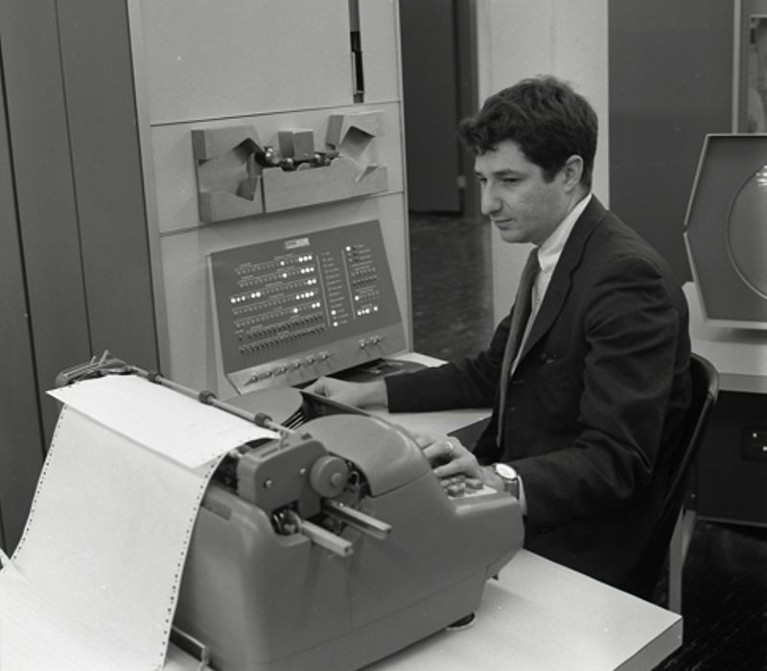On the contrary. If everything is a computation then, instead of being meaningles, it is all encompassing and we should be able to simulate the process.
Any idea that claims to be "all encompassing" is more like the belief of a religious cult than a scientific theory.
You should stop looking for gurus to worship and start learning some science.
Today, Quantum computing is very much being pursued scientifically.
Yes. It's a very interesting and promising area of ongoing research.
Tegmark's hypothesis of a quantum-value based mathematical universe is becoming more and more evident in reality.
The
hypothesis is becoming more and more evident? Or are you claiming that somebody (Tegmark?) is gathering actual evidence that supports the hypothesis? What's the latest evidence, then?
Note the use of the term "mathematical" in every presentation of scientific principles, which you conveniently seem to ignore.
It's not. And I don't.
You define it then! I challenge you to define data processing "in your own words". Lets see how far apart we are.
You first. I don't want you copying my work.
My problem is that noone else seems willing or able to correct me with some (any) facts that prove otherwise.
I'm
endlessly pointing out your many errors. It doesn't get through to you. You don't want correction or facts.
But telling me I am stupid is not a semantic or a factual correction on the science.
Who told you that you are stupid? I mean, you've posted a lot of stupid things, but it's not too late to correct your errors.
IMO, the observable evidence for a mathematical aspect to universal physics and dynamics is overwhelming.
Nobody here disagrees with the proposition that there is a "mathematical aspect" to physics.
Surely you understand what the actual point of disagreement is, by now?
Why the weasel words? Can't you see what you need to do? You need to defend the proposition that is in dispute, not complain about something that everybody agrees on.
Max Tegmark: "In fact, there's no evidence right now that there's anything at all in our universe that is not mathematical."
I would suggest that there's ample evidence, because mathematics, on its own, can't cause any effects in the physical world. Tegmark is making a basic category error, mistaking ideas for physical things.
And I submit Tegmark knows more about this than most scientists. It is his area of expertise.
Is it? Are you sure?
Does Tegmark have a grant to research his mathematical universe?
Could it possibly be that it's a side project of his, outside of what's he's mainly paid to do?
Have you checked?
I'm confident that it is only correct to say that Tegmark knows more about the nature of our universe at its most fundamental levels than "most scientists" on the basis that "most scientists" aren't physicists. Among physicists, I don't think that Tegmark can be considered to have any special expertise or insight into the fundamental nature of reality, beyond what you average jobbing physicist has.



